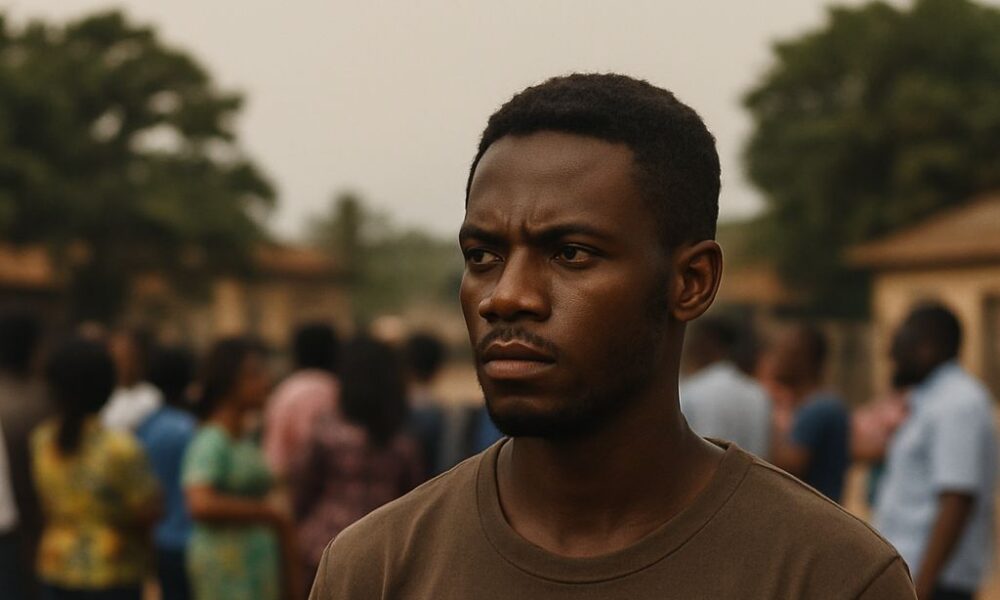I found out Elon Musk was African in 2003. It wasn’t on the front page of any paper. It was a casual mention—someone noting that the man who helped build PayPal was born in Pretoria, South Africa. At first, I felt a flicker of pride. Another one of us “made it.” But then came the pause.
Because no part of Musk’s image felt familiar. No accent. No cultural breadcrumbs. No investment, figuratively or financially, in the continent that raised him. In a moment that could have felt like belonging, all I could see was distance.
Musk isn’t the first to run from his roots, but he might be the most powerful. He left South Africa at 17, relocated to Canada, and ultimately buried his African origin beneath the rocket fuel of American ambition. Today, he is the billionaire who builds for Mars but barely blinks at the continent of his birth.
I stopped buying into the African success fantasy in 2016. There were times I would beam at diaspora wins. It was nice to believe the world was starting to see African brilliance. But soon I noticed a pattern: many of the stories sanitised their African origins. Names softened. Accents diluted. Traditions traded for talking points. Musk is the archetype of that rebrand.
You’ll hear of his Stanford days. His electric cars. His SpaceX rockets. But rarely his South African roots, unless they’re being used to add intrigue to a biography.
In 2023, Shallipopi gave him a different kind of shoutout. The rising Nigerian street-hop star released a song titled Elon Musk. And it went viral. It captured something that many young Nigerians feel: the hunger to make it out. In the song, Elon wasn’t a technocrat—he was an idea. The guy who cashed out big. The name you drop when you want to flex your future.
But it didn’t stop at admiration.
Shortly after X (formerly Twitter) expanded video capabilities, Nigerian singer Bella Shmurda uploaded long-form performance clips—essentially testing the platform before most and tagged Musk. Musk, of course, did not reply.
But the moment captured something deeper: the way African youth see Elon. Not just as a tech mogul, but as a symbol of audacity and virality. A man who made himself impossible to ignore. But there’s a difference. Elon doesn’t just court attention; he weaponises it.
Elon Musk had every chance to become a generational leader. All he had to do was sit back, invest quietly, uplift the ecosystems that raised him, and let his legacy unfold. But he became the poster for what happens when wealth is supposedly measured as wisdom, and visibility is interpreted as value.
And still, many Africans reach for his name. Because what happens when the world refuses to build new heroes? You repurpose the ones you have.
Today, I no longer measure greatness by volume or virality. Musk could’ve been a bridge. African excellence is not defined by who escapes. It’s defined by who remembers. By who builds. By who returns. The continent should now have its eyes set on a new kind of leader—rooted, radical, and ready to show up.
This brings me to these questions: Does being born in Africa make you of Africa? Does being name-dropped in a club banger make you part of the movement? Does being admired make you admirable? What makes one African or un-African?
Crédito: Link de origem


